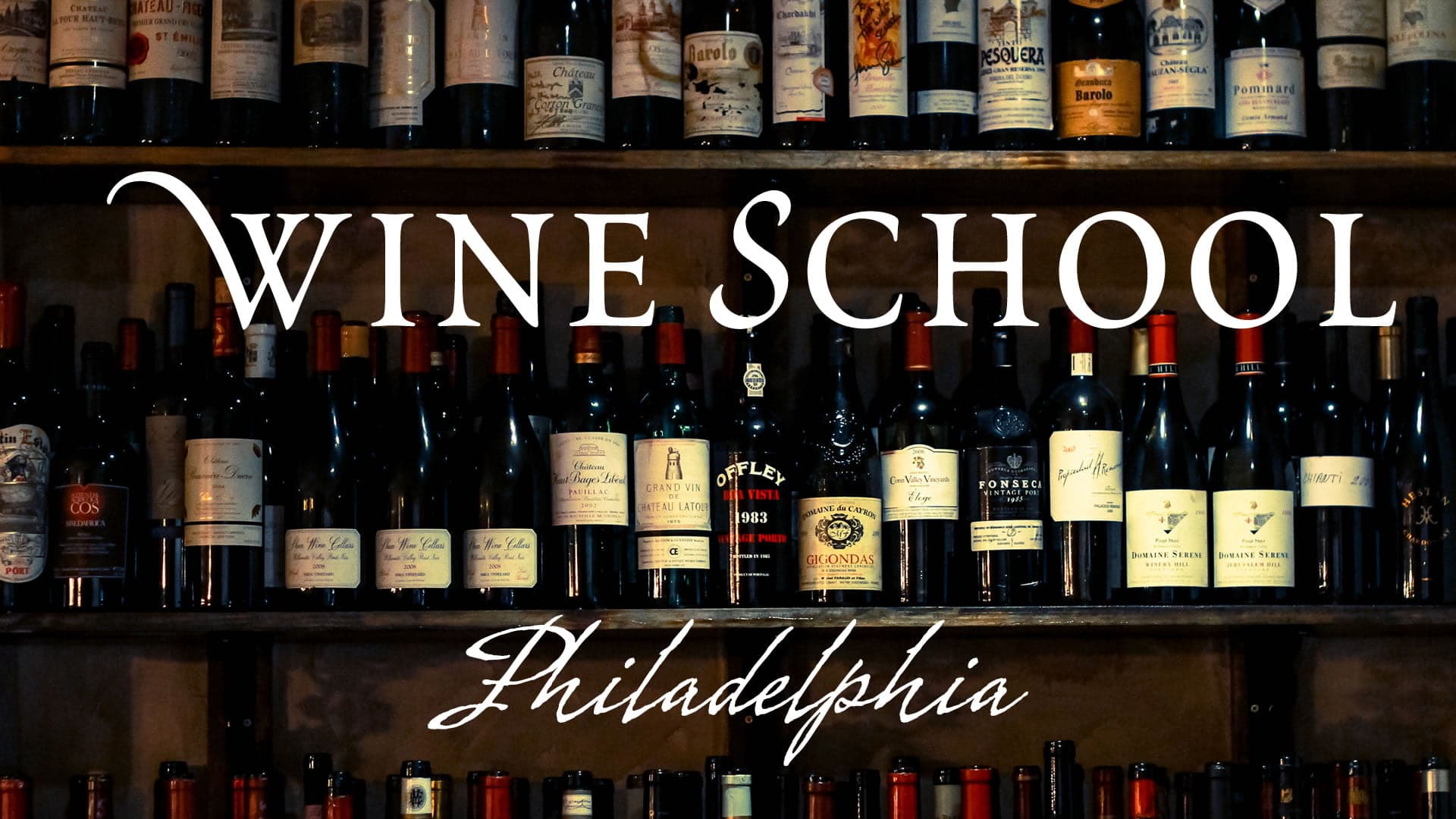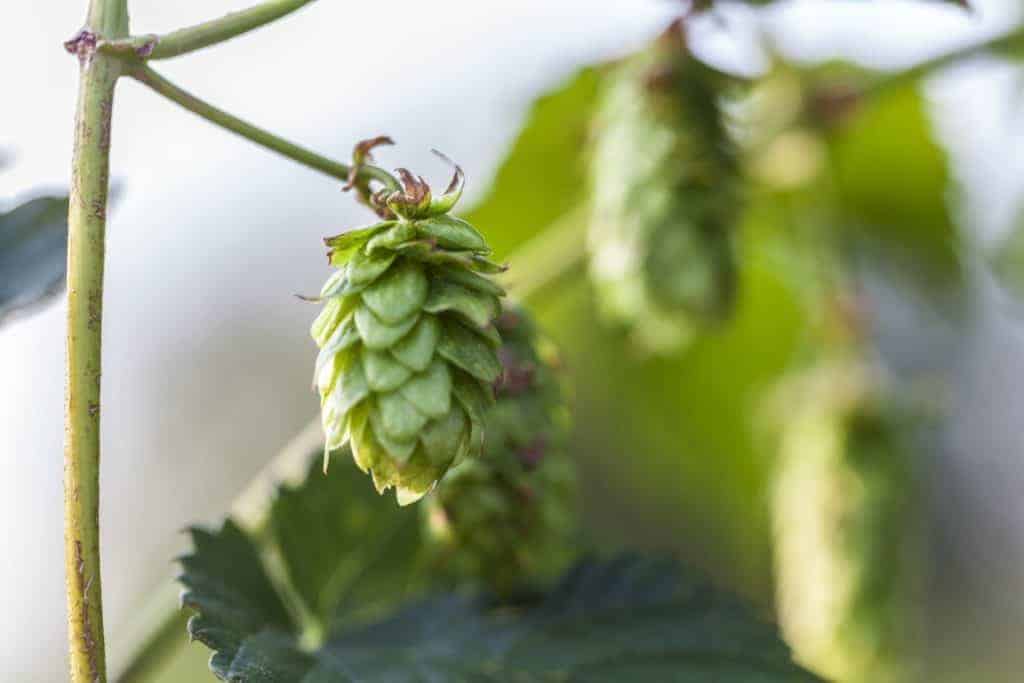Getting schooled at the Philly Beer School
“Philadelphia is to beer what Sonoma is to wine,” says Keith Wallace to anyone who’ll listen. Considering the source, the proclamation, perhaps incendiary outside Pennsylvania, might sound outright puzzling within city limits. That’s because in 2001, Wallace, a winemaker, wine columnist, and author of two upcoming wine books, founded and still runs Philly’s best-known vinology school. So why is he extolling his territory’s beer lust at the expense of its pursuit of viticultural knowledge?
Because, acknowledging a craft revolution, he’s invited beer to take a permanent seat at The Wine School‘s table.
Wallace’s partner, a burly bald man named Dean Browne, asserts the alliance as he introduces himself to a group assembled in one of The Wine School’s classrooms on an early March night.









